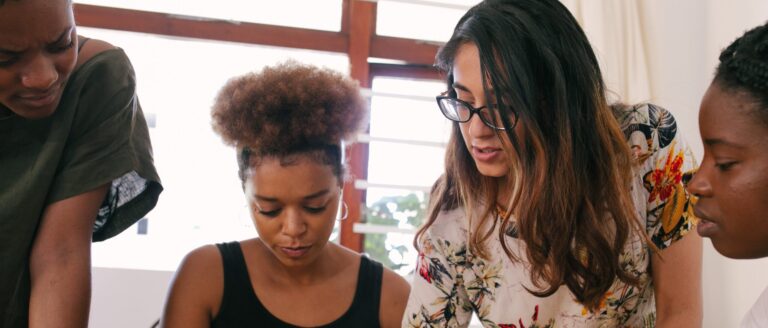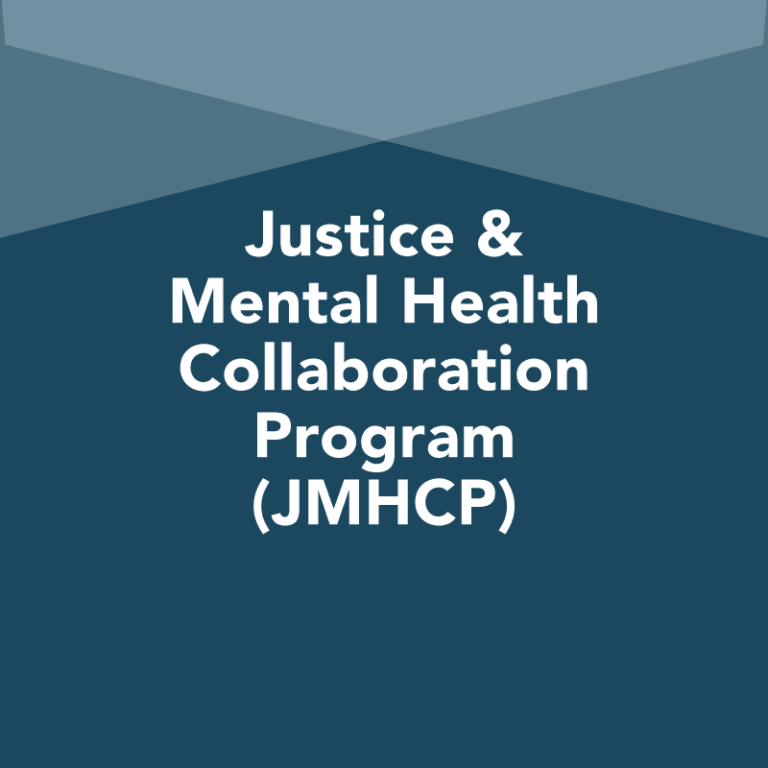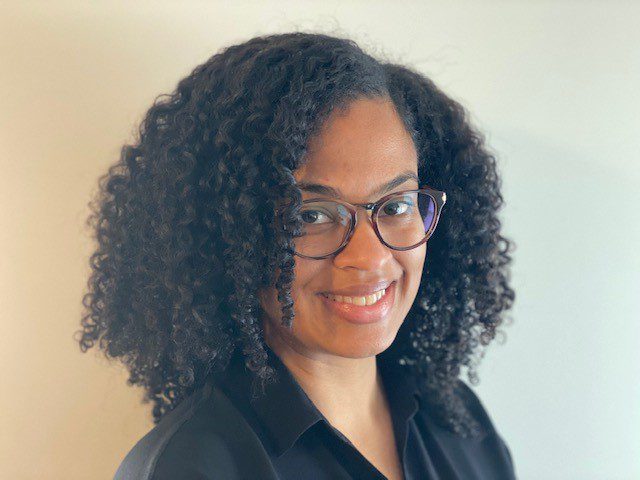When people with intellectual or developmental disabilities (IDD) encounter or are involved in the criminal justice system, they often experience a system that is unable to address their unique needs and face misconceptions about their abilities. However, there are ways to help improve outcomes for people with IDD and reduce their chances of re-encountering the criminal justice system. This brief offers important steps that criminal justice administrators can take to better identify and respond to the needs of people with IDD. Photo credit: Photo by Christina Morillo
Related Resources

Preparing Law Enforcement Agencies for Embedded Clinicians
Crisis Systems, Law Enforcement, Mental Health
Read more
Building Successful Partnerships with Peer-Run Organizations
Co-Occurring Substance Use, Mental Health
Read more
FY2023 Planning and Implementation Guide for JMHCP Connect and Protect
Co-Occurring Substance Use, Law Enforcement, Mental Health
Read moreAuthors

Jazmone Wilkerson
Former Deputy Program Director, Behavioral Health
Dr. Jazmone Wilkerson provided project support and technical assistance (TA) for the Justice and Mental Health Collaboration Program. Previously, Jazmone worked as adjunct faculty at Antioch University in its Clinical Mental Health Counseling (CMHC) Program and as a legislative assistant for the DC Council Committee of the Judiciary. Jazmone has advocated and provided TA on a range of issues, including the school-to-prison pipeline, educational equity, and behavioral health. Jazmone earned a BA/BS from Purdue University, a JD from the University of the District of Columbia, an MA in CMHC from Argosy University, and a PhD in counselor education and supervision from Lindsey Wilson College.

Felicia Lopez Wright
Project Manager, Behavioral Health
Felicia Lopez Wright oversees training and technical assistance for Second Chance Act Crisis Response and Community Reentry grantees. She also contributes to projects on topics such as gender-responsive services for women in the justice system and enhancing crisis and justice system collaborations. Felicia previously provided training and technical assistance under the Justice and Mental Health Collaboration Program. Felicia is a licensed clinical social worker with over a decade of combined experience providing mental health therapy to demographically diverse populations in various care settings, special education case management in a public school district, and short-term counseling at a community court program. She earned a BA in psychology from The College of New Jersey and an MSW from Rutgers University.

Leigh Ann Davis
Leigh Ann Davis is senior director of Criminal Justice Initiatives at The Arc of the United States and directs The Arc’s National Center on Criminal Justice and Disability® (NCCJD). With 26 years of experience working at the intersection of intellectual and developmental disability (IDD) and criminal justice, her mission is to build stronger lines of open communication and understanding between these two worlds. She worked with The Arc to secure funding to create NCCJD®, the first national center in the U.S. to focus on addressing both victim and defendant issues involving people with IDD and oversaw the development of NCCJD’s training program: Pathways to Justice®. Ms. Davis holds a Master of Science in Social Work and a Master of Public Administration from the University of Texas at Arlington.